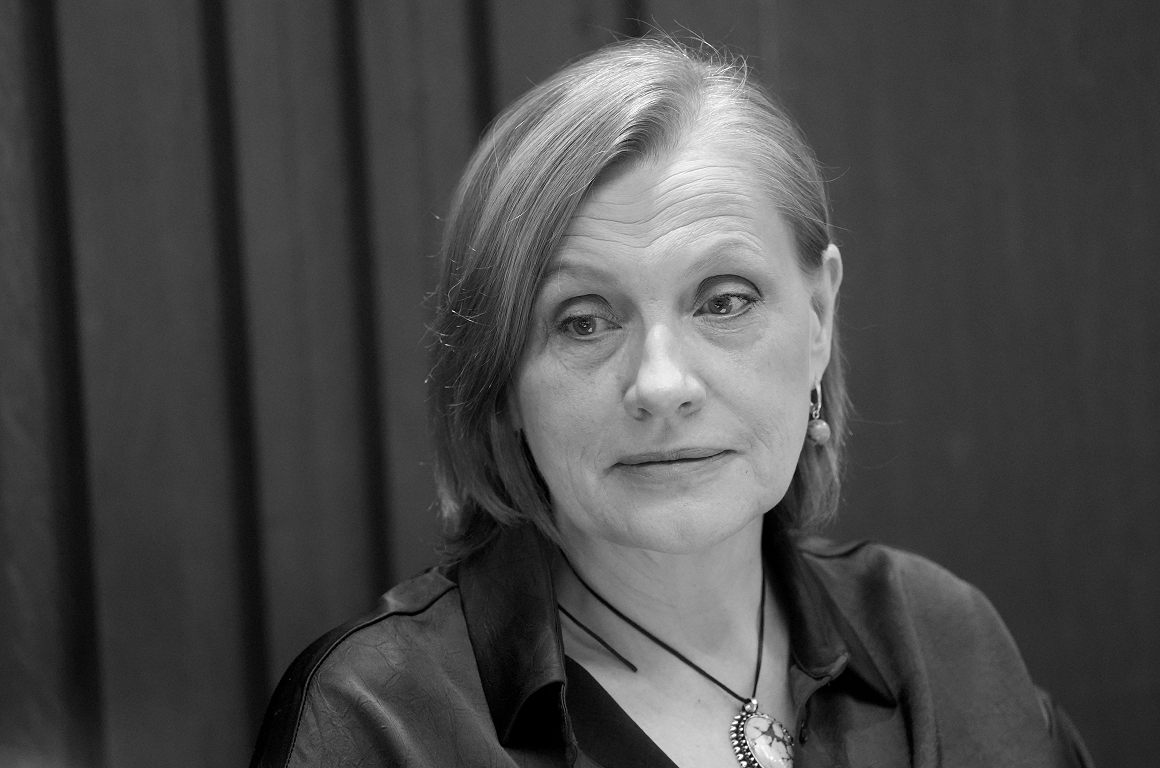Nemo’s success as a « double -edged sword »: more hate crime

Nemo’s success as a « double -edged sword »: more hate crimes against nonbinear people
Almost every day in Switzerland, LGBTIQ people are victims of open hatred. About half are affected by transpers. And there is a urban-land grave.
Nemo awarded the LGBTIQ community visibility. This week, the nonininarian person appears at the Eurovision Song Contest (ESC) in Basel. Thanks to Nemo’s victory last year, the spectacle takes place in Switzerland this year. But does the vertebrae around the singing talent from Biel also have a downside?
LGBTIQ organizations do not exclude this. Last year, LGBTIQ-Helpline (0800 133 133) registered 309 hate crimes due to sexual orientation and gender identity. That is slightly more (plus 4) than in the previous year.
The proportion of transitive incidents has increased. They made up half in 2024, in 2023 it was still 40 percent. In the current « Hate crime report » is mentioned increased visibility of nonbinaries based on Nemo’s awareness as a possible explanation.
Fréderic Mader from the Transgender Network Switzerland speaks of a « double -edged sword ». On the one hand, NEMOS successfully contributed to public attention and sensitization to the concerns of the trans community. On the other hand, this also mobilized people who reject their equality.
In a joint media release, the Pink Cross gay association, the lesbian organization and transgender Network Switzerland from politics are calling for measures against hate crimes – such as more prevention and financial support for advice. The Federal Council is expected to publish a national campaign plan to reduce LGBTIQ-anti-hate hate crimes and violence at the turn of the year. A national prevention campaign against domestic, sexualized and gender -specific violence is launched in November.
Almost two thirds of hate crimes consist of insults and verbal harassment, 12 percent report on physical violence. Only 15 percent of the people who turned to the helpline filed a complaint from the police.
Homophobic settings tend to increase
Two facts stand out: First, last year, most of the incidents (107) passed in June and July. The explanation for this is obvious. In the area of Prides, there are simply more opportunities to host LGBTIQ people. Second, urban areas prove to be the focus of hostility. Almost three quarters of the hate crimes occurred in the cantons of Zurich, Bern, Geneva and Basel. With 11 incidents per 100,000 inhabitants, Basel, the large stage of Nemos this week, leads the negative ranking.
Why do hate crimes in the country are less common? Dirk Baier, criminologist and sociologist at the Zurich University of Applied Sciences, explains this with the lower opportunity to matters. LGBTIQ people would tend to live in cities and therefore also attack more often there. In the case of analyzes of homophobia, according to Baier, it is usually determined that these settings are more widespread in the country.
Current surveys by Baier also show that homophobic attitudes in adults (2024: 10.6 percent) and young people (2024: 14.6 percent) are increasing. Earlier investigations revealed that men with a below -average level of education in particular tend to such attitudes. Migration background and religious affiliation also play a role. Homophobic attitudes are most widespread in Protestant Free Church circles and people of Islamic faith.








